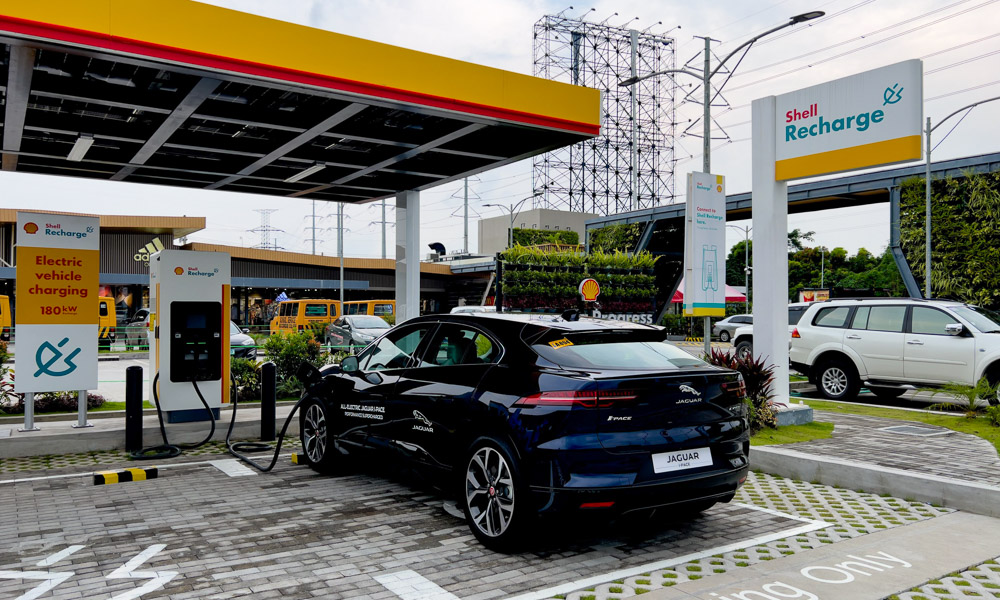The transition to electric vehicles (EVs) faces significant hurdles that suggest a continued role for internal combustion engine (ICE) vehicles. Key issues include inadequate public charging infrastructure, with many consumers expressing concerns about the convenience and availability of charging stations compared to traditional gas stations. A recent report highlights that 29% of current EV owners are likely to revert to ICE vehicles due to frustrations with charging times and locations and range anxiety—42% of prospective buyers desire a driving range exceeding 310 miles, which many EVs currently do not meet. Additionally, the high upfront costs and ongoing uncertainties regarding battery longevity and maintenance deter consumers from fully embracing EVs.
Editor’s Note: The push towards a 100% transition to electric vehicles (EVs) often overlooks the significant environmental costs associated with their production. While proponents tout EVs’ zero tailpipe emissions, the reality is that manufacturing their batteries generates substantial greenhouse gas emissions—up to 16 metric tons of CO2 for a single battery.
The extraction of critical materials like lithium, cobalt, and nickel leads to habitat destruction, pollution, and social challenges in mining communities. Furthermore, the energy used to charge these vehicles varies greatly depending on the local power grid; in regions reliant on fossil fuels, EVs may not be as environmentally friendly as advertised.
This raises an essential question: should we phase out internal combustion engine (ICE) vehicles entirely without addressing the lifecycle impacts of EVs? A more balanced approach incorporating ICE and EV technologies could mitigate environmental harm while ensuring a smoother transition to sustainable transportation. Ignoring the complexities of this shift risks creating new ecological challenges rather than solving existing ones. [Also read Electric Vehicle Mandate: A Costly and Unjust Transition?, Electric Vehicles and Their Dirty Secret, California Gas Car Ban Shows What’s Wrong With Impulsive Climate Change Policies].
Read Original Article
Read Online
Click the button below if you wish to read the article on the website where it was originally published.
Read Offline
Click the button below if you wish to read the article offline.
